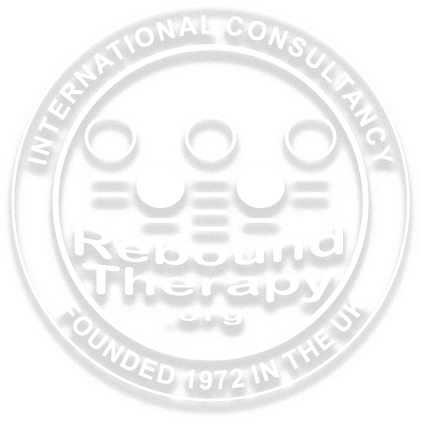Social Emotional Mental Health (SEMH)
Defining SEMH
SEMH refers to a range of social, emotional and mental health needs that affect an individual’s ability to learn, express emotions and interact with others. Behaviour is often a communication of unmet needs arising from these difficulties. Symptoms could range from withdrawal to aggressive outbursts. Impact on behaviour can be significant, as individuals with SEMH needs may struggle with self-control and understanding social norms, leading to challenging behaviour that is often misunderstood.
Trauma Informed Practice
TRAUMA INFORMED SCHOOL
At Cury, we recognise that in order to be successful, our pupils need to be ready to learn. The SEMH needs of our pupils are often the greatest barrier to this learning. SEMH refers to a range of social, emotional and mental health needs that affect a pupil’s ability to learn, express emotions and interact with others. Behaviour is often a communication of unmet needs arising from these difficulties. Symptoms could range from withdrawal to aggressive outbursts. Impact on behaviour can be significant, as individuals with SEMH needs may struggle with self-control and understanding social norms, leading to challenging behaviour that is often misunderstood.
Various SEMH conditions can impact behaviour in distinct ways:
- Anxiety may cause children to appear distracted or overly cautious and can result in avoidance behaviours.
- Depression often leads to low energy and motivation, affecting engagement and academic performance.
- Attention Deficit Hyperactivity Disorder (ADHD) symptoms include inattention, hyperactivity, and impulsiveness—behaviours that can be disruptive in a classroom setting.
- Autism Spectrum Disorder (ASD) encompasses a range of sensory needs and difficulties with social communication, often leading to atypical behaviours stemming from the need to find sensory balance or manage overwhelming social scenarios.
- Trauma can lead to a heightened state of alertness, resulting in aggression or a flight response to seemingly benign triggers. For additional information about Adverse Childhood Experiences (ACE’s) and trauma please follow the link below:
- Emotional and mental health conditions like eating disorders may also present with behavioural signs such as withdrawal from social interaction or a fixation on food and exercise.
OUR APPROACH
At Cury, staff adopt the following measures in order to help students begin to overcome these barriers so that they can be a success:
- Show unconditional positive regard to all pupils (the basic acceptance and support of a person regardless of what the person does or says).
- Containment, through structure (routine), environment (nurturing, stable and caring) through expectations, and through boundaries.
- Build trusting relationships – this can take a lot of time and considerable patience.
- Use a restorative justice approach to effect change and treat every day as a fresh start.
- Laugh and have fun with our pupils (helps build safe relationships and building bonds of attachment)
- Play – Our pupils may have missed significant developmental play opportunities.
- Listen to our pupils (we may not always have the answers)
- Make good use of the natural environment and places of natural beauty/connect with nature.
- Encourage pupils to put words to their experience
- Have positive experiences/experience success and being part of a community.
- Use positive touch (safe touch) to help calm people down and reassure them.
- Make good use of therapies and other provisions e.g. music, equine, rebound
- Undertake activities that encourage left-right movement and left to right brain activity e.g. card games and ball games.
Much of the above is embedded within ensuring we use a Trauma Informed approach:







